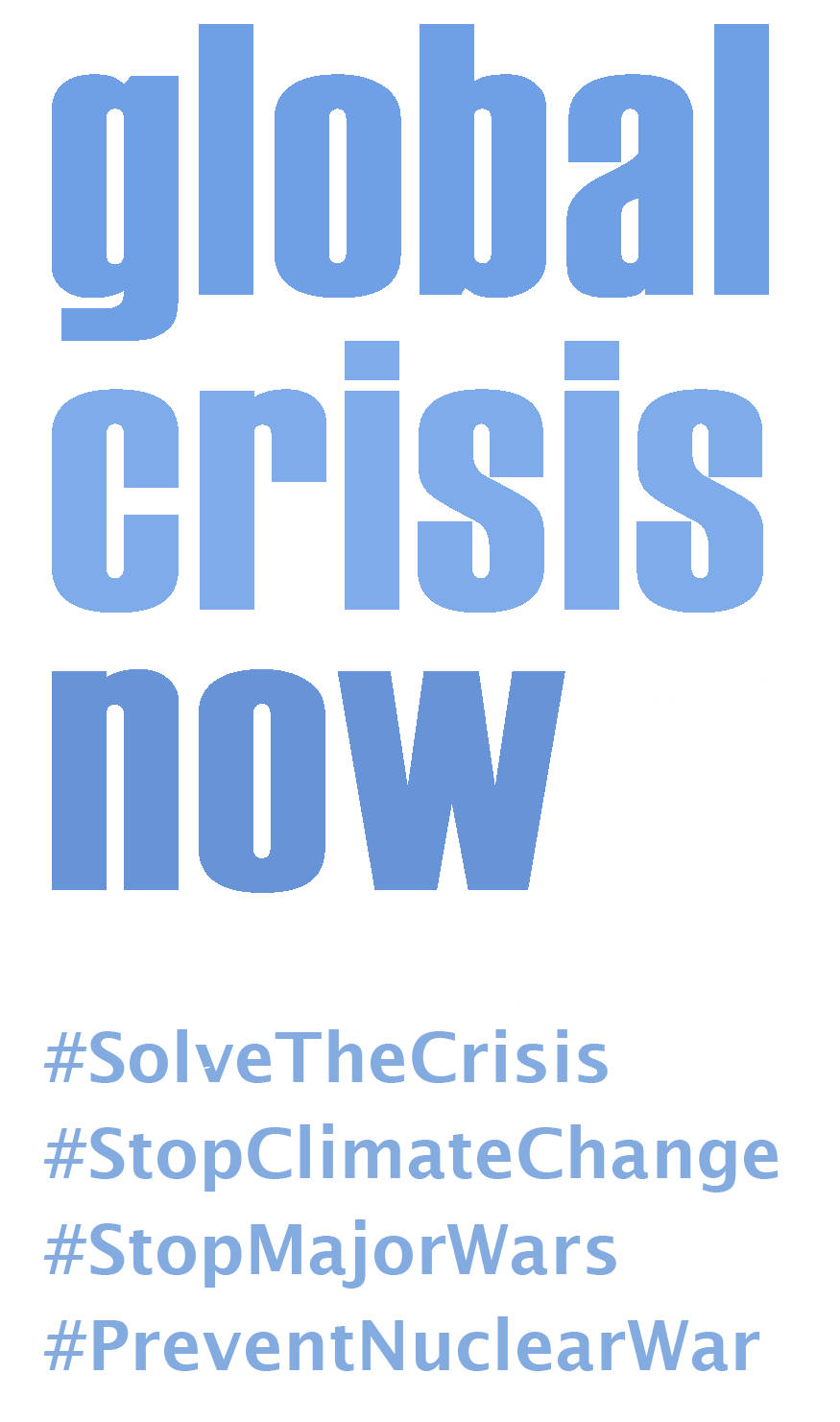The Intergovernmental Panel on Climate Change is the most respected body on climate change assessment in the world, and is considered the de facto research arm of the United Nations’ fight against climate change. Thousands of scientists from around the world contribute to the work of the IPCC on a voluntary basis. The Panel does not conduct its own research. Instead, it “assesses” the most recent scientific, technical and socio-economic information on climate change. The IPCC has 195 members and it is open to all member countries of the United Nations and the World Meteorological Organization. The members have to endorse the IPCC reports. It is also an odd scientific body in a sense that the Governments participate in its deliberations in various ways. Some say that this fact has affected and will affect its objectivity, or at least the boldness if not relevance of its findings for political and private sector decision-makers. Is it really able to tell the truth as it appears to most scientists? Some say no – its findings are lagging behind and dangerously so.
IPCC reports, issued regularly, get publicity and respect in the media, due to the fact that the researchers and scientists who work with the IPCC come from a wide range of backgrounds, and from many nations around the world. And the importance of its reports are also recognized widely as they are used as bottom line science for international climate change negotiations.
A draft of its most recent report states that greenhouse gas emission growth is overwhelming the efforts of politicians to come to grips with it. The report said the effects of emissions growth may become “irreversible” in the coming decades if emissions are not brought until control.
The fact that it took the IPCC 26 years to get to this point illustrates both its strength and weakness – which is it tends to be very deliberative and cautious in its approach, and moves very slowly, like the United Nations itself, from which is was created (by the UN Environment Programme and World Meteorlogical Organization in 1988).
An example of this caution is that it took the IPCC 19 years of research and debate and deliberation to state that climate change is “very likely” caused by human activity. Or “more likely than not”. Or likely.
Here is an excerpt from that 2007 report:
Human influences have:
- very likely contributed to sea level rise during the latter half of the 20th century
- likely contributed to changes in wind patterns, affecting extra-tropical storm tracks and temperature patterns
- likely increased temperatures of extreme hot nights, cold nights and cold days
- more likely than not increased risk of heat waves, area affected by drought since the 1970s and frequency of heavy precipitation events.
Seven years later, the IPCC seems to have moved away from the “more likely than not” approach and now states (almost but not quite) that humans are indeed responsible for climate change.
The language of IPCC reports, despite their political and cautious nature, have grown more dramatic and dire in language and now speak of possible global conflict due to climate change, along with more severe weather events, a continuing upward trend in global temperature due to the loss of the arctic ice sheets among other alarming trends.
This may actually illustrate how serious the threat of climate change is – and that we are indeed now or in a very short time in a global crisis of critical proportions. Because to get a UN body to agree to anything is very difficult – and yet, now, the IPCC is saying, without saying so directly, that civilization is close to peril due to climate change and the growth of CO2 emissions.
If the IPCC is saying this, being so deliberative, one can take a guess that things are worse than the UN body is letting on. Much worse possibly. How much worse? No one knows. Not even those who say things are going to get a lot worse.
Despite all of its flaws, the IPCC is necessary, because it has respect around the world, has scientists from all over the world contributing to its work. But its political nature hampers it in being more bold in its assessments (and perhaps more right). Because compromises need to be worked out before papers are published and approved, this is natural.


